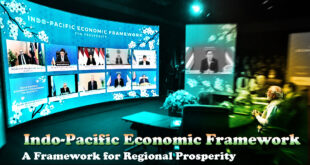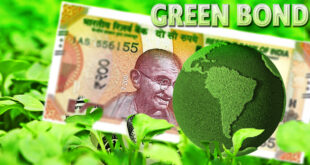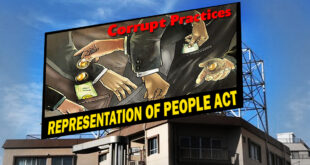Free trade advocate T.N. Srinivasan passes away at 85
On Sunday in Chennai, India lost one of its notable economists with the passing of T.N. Srinivasan. Indian economists around the world joined the chorus of tributes and praise for the academic, whose publications and teachings made inroads into several important economic policy concepts that governments around the world, and notably in India, are still grappling with. Thirukodikaval Nilakanta Srinivasan was most recently the Emeritus Samuel C. Park, Jr. Professor of Economics at Yale University. Prior to that he had been advisor to and professor at some of the most prestigious institutions in the world, including the World Bank, MIT, Stanford University, and the Indian Statistical Institute. In 2007, he was conferred the Padma Bhushan for his contributions to literature and education. Dr. Srinivasan’s teachings and beliefs regarding international trade would and should have an impact in all discourse on the subject, especially today when a number of large economies are increasingly looking inward and adopting protectionist policies. He believed that international trade should be free and without barriers. It was a somewhat Darwinian approach to commerce, where each country would cease trade activities in areas in which it was at a significant disadvantage and would flourish in those fields where it was stronger. “His professional work was absolutely first rate,” Montek Singh Ahluwalia, member of the erstwhile Planning Commission told The Hindu. “He was one of the early economists who worked quite a bit on what we now call economic reform. He was deeply interested in the subject and always willing to discuss… any aspect of it. It is a big loss that he is no more with us.” Recently, Dr. Srinivasan spoke about how U.S. President Donald Trump’s decision to re-impose sanctions on Iran would be detrimental to the global economy, as well as to India in particular. He also gave advice and commented on contemporary issues regarding the Indian economy, including demonetisation (“the government’s implementation showed extreme unpreparedness and lack of thought”), inflation targeting (“I have serious reservations about its relevance and applicability in the domestic context”), and fiscal deficit. Another crucial contribution he made to economic discourse and policymaking in India was along with Jagdish Bhagwati, where he spoke about how the government should move away from allocating resources and that administrative control had many more systemic problems than leaving such decisions to the market did. “According to everybody who was taught by him, he was a great teacher,” Mr. Ahluwalia added. “He didn’t have a high opinion of the so-called ‘high and mighty’, and he took a lot of trouble with students, explaining things to them. He regarded criticism as something that should go to the limit. He wasn’t soft in criticising, but he was very soft as a personality and didn’t look down on you.” Another example of his self-deprecatory wit can be seen in his comments on the report by the committee headed by a former student of his, current RBI Governor Urjit Patel: “I have to share the blame for any fault in his committee’s report, for not having trained him appropriately!” In a tweet, the 15th Finance Commission described Dr. Srinivasan as: “a towering figure whose iconic works in macroeconomics has left an indelible footprint for academic India.”
Source : https://www.thehindu.com/todays-paper/tp-business/a-teacher-who-shaped-economic-policies/article25471355.ece
Check Also
Corrupt practices under RPA,1951
What is the Representation of People Act, 1951? The electoral framework in India is regulated …
 Chinmaya IAS Academy – Current Affairs Chinmaya IAS Academy – Current Affairs
Chinmaya IAS Academy – Current Affairs Chinmaya IAS Academy – Current Affairs



